“All men live enveloped in whale lines. All are born with halters round their necks; but it is only when caught in a swift, sudden turn of death, that mortals realize the silent, subltle, ever present perils of life.”
Chapter 60
We “learned to live here in clean tabernacles of the soul,” says Ishmael after his exposition on the whaler’s harvesting and the bloody execution of a sperm whale on the deck of the Pequod. The ship becomes a gory mess, but sperm oil is cleansing, lye bleaches, and sanitizes the decks. The whaling vessel, once a murder scene of gluttony and butchery, becomes a sacred tabernacle; cleaner than any other time after the spilling of oil from the leviathan. The paradoxes in this book kill me.
My notebook is filled with notes and feelings about Moby Dick, particularly the paradoxes: the disgusting violence juxtaposed with the holiness of creation and symbolism, the awe of grandeur and nature juxtaposed with the blind glutony of greed – Ishmael, the narrator, makes murder scenes more grotesque and cruel with the juxtaposition of his awe and knowledge of the sperm whales. Ishmael mentions the “vast corpse he had made,” the “skin of the whale” stripped from him like a blanket, and then he says, “Oh man! Admire and model thyself after the whale . . . “(68) The whole book is maddeningly paradoxical.
I have always heard about the metaphors in Moby Dick, but the detailed writing about whaling, unusual characters, and all of the social commentary shocked me again and again. For example, Ishmael finally makes the comparison between woman and whale in chapter 87; the white man hunts, owns, and conquers both in 1800’s United States. I wept with the image of a mother whale, her breasts sliced open with a harpoon, spilling milk and blood into the open mouths of greedy men and while her baby dies, tangled in her own umbilical cord. “The milk is sweet,” Ishmael says.
The violence, toxic masculinity, racial slurs, and horrors expose the systemic dysfunction and elitism in the USA. Thank you, Melville, for capturing this unknown world into words and not glorifying it without also condemning it. For embracing the madness, beauty, vastness, and complexity that are human and nature and creation.



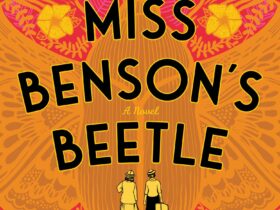

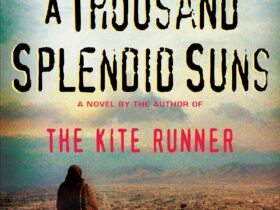
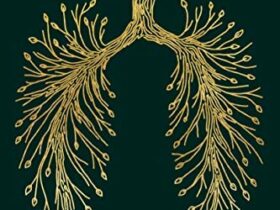


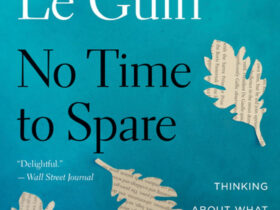
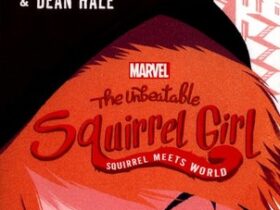
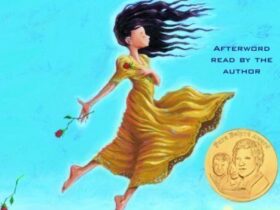


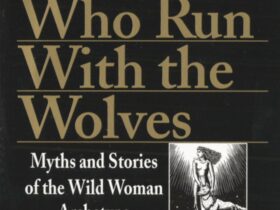





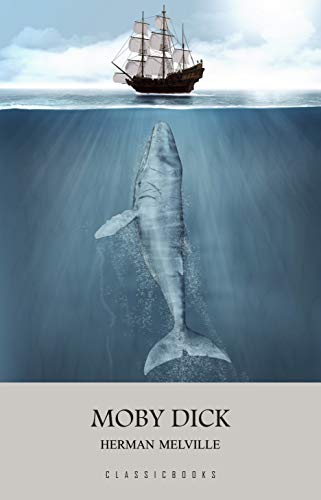





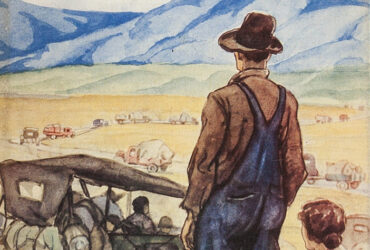

Leave a Reply